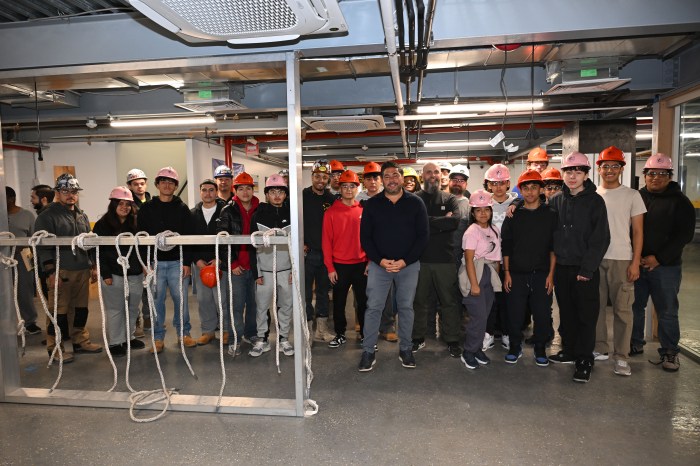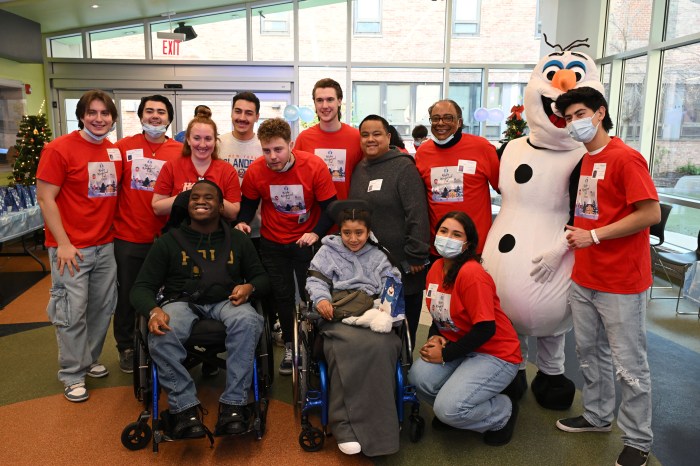As children and families all over Queens prepare for the start of another school year, equally important plans are also being made to return to afterschool. Smart parents citywide realize that in order for their children to succeed, they need not only the knowledge gained during the school day, but also the crucial skills developed in out of school time.
The Partnership for After School Education (PASE) refers to this as the Education Equation: School + Afterschool = Education.
Fortunately, city children and youth have access to more than 1,600 afterschool programs, many of which offer either free or low-cost activities ranging from baseball to poetry to homework help and beyond. These programs are safe spaces, which support healthy social and emotional development, teach crucial 21st century skills, and promote academic success.
On school days, peak time for young people to either commit or be victims of crime is between 3 and 6 p.m. Teens who do not take part in afterschool activities are 3 times more likely to use drugs, and are also more likely to drink, smoke, and engage in sexual activity. (Fight Crime: Invest in Kids New York; YMCA of the USA, March 2001.)
In addition, afterschool programs teach skills that are essential for success in the 21st century workforce, including critical thinking, technology literacy, ability to collaborate and work in teams, creativity, communication, and more. (Partnership for 21st Century Skills, 2007.)
Afterschool programs also nurture the development of such crucial social and emotional aspects as compassion, self-expression, interpersonal relations, motivation and voice, identification with home, community, and culture. (Dr. Robert Halpern, Erikson Institute, “The Need to Reframe Expectations of Afterschool Programs,” 2006.)
The PASE web site (www.pasesetter.org) offers a free and comprehensive online database of afterschool programs throughout the five boroughs of New York City. Parents and young people can search this database by zip code, community district, congressional district, community school district, Department of Education instructional region, and/or types of services offered.
For more information about PASE and the Education Equation, please call Dr. Shelly Wimpfheimer or Marty McConnell at 212-571-2664 or visit www.pasesetter.org.



































